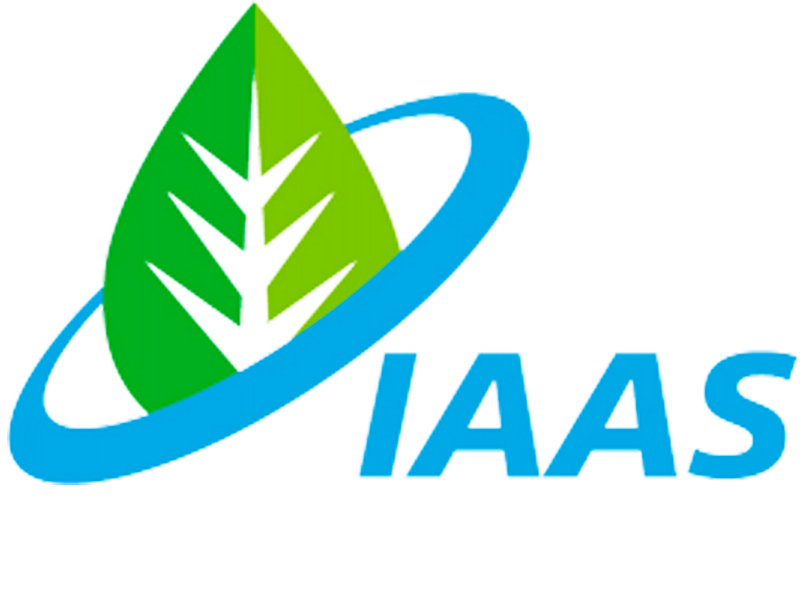World Bank experts on Central Asia’s looming water crisis
By: thethirdpole.net
The World Bank: There are many uncertainties in Central Asia’s water future. There may be some short-term gains in some places and for some communities due to increased water availability as glaciers recede. Possible increases in rainfall may generate greater runoff, at least in the upper parts of some river basins. Yet, over the longer term and especially in the lowlands, as aridification accelerates, the scenarios will be overwhelmingly negative in terms of more frequent and more damaging floods and mudflows, and in terms of increasing water pollution.
Without adaptation there will be negative economic implications due to changes in water supply and demand, especially in agriculture. In most countries in Central Asia, agriculture is highly dependent on irrigation. Irrigation in the region is very vulnerable to climate change, and investments in both institutional strengthening and infrastructure modernisation are required to build resilience. In areas where rainfed agriculture dominates, such as northern Kazakhstan, vulnerability to climate change-driven increase in drought frequency and severity is even greater.
Responding to climate change and mitigating the worst impacts will require improved monitoring of the environment, water resources and agricultural production, and using this information to guide changes in policy.



 https://www.euronews.com/green/2021/08/19/the-amazing-solar-desalination-skylight-offers-hope-to-millions-without-clean-water
https://www.euronews.com/green/2021/08/19/the-amazing-solar-desalination-skylight-offers-hope-to-millions-without-clean-water